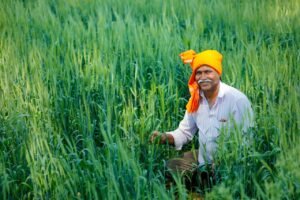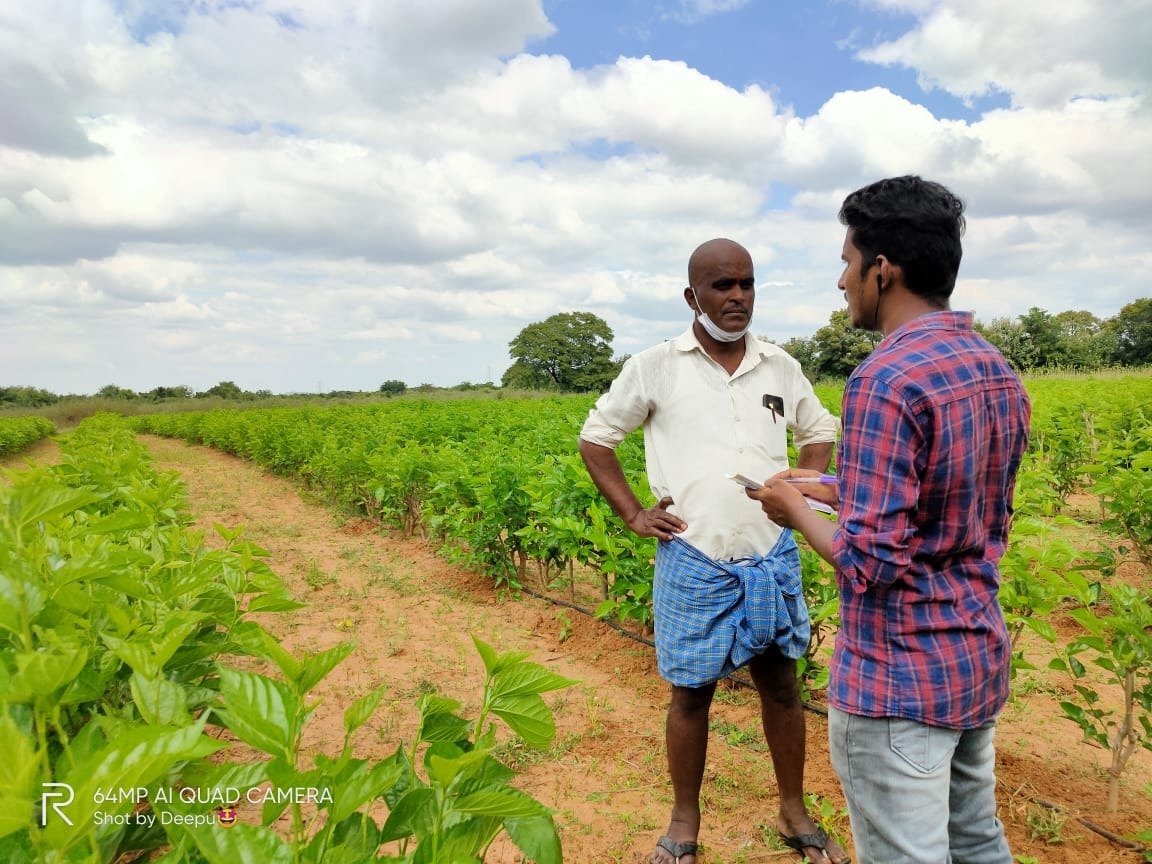Agricultural Plight amid Pandemic Fight
Covid-19 pandemic has become a “global hot potato” which is not only confined to health crisis but also has the capability to cause social and economic loss which will have an everlasting effect on the economy of the world. Unlike many other pandemics like the 1918, Spanish flu which was a severe pandemic caused by an H1N1 virus with genes of avian origin, Cholera, bubonic plague, Asian flu, Russian flu pandemic of 1889 etc., covid-19 is one of the pandemics which has shaken the livelihoods of all people across the world. This has drastically affected the economy of the countries therefore leading to socio-economic crisis.

The seriousness of the pandemic has affected the primary sectors, secondary sectors and tertiary sectors, finance sectors, healthcare and most importantly the agriculture sector.
Issues
In spite of all these measures and in view of continuing restrictions on movements of people and vehicular traffic, concerns have been raised regarding negative implications of COVID19 pandemic on the farm economy. The migration of workers from few parts to their native places has also triggered panic buttons, as they are crucial for both harvesting operations and post-harvest handling of produce in storage and marketing centers.
Making the food grains, fruits and vegetables and other essential items available to consumers, both in rural and urban areas, is the most critical challenge for Government machinery during the lockdown period. Smooth functioning of the supply chain, with adequate safety measures for the people involved, is of paramount importance.
Agricultural sector is facing huge losses amid this pandemic to which the prices of the commodities has dropped by 21%. Due to this pandemic everything has come to a standstill. Its propagation has left occupation globally determine the cost and awe what recapture would look like. The International Monetary Fund [IMF] reports the global economy is slated to deflate by over 4% in 2020- the sheer slowdown since the Great Depression.
Farmers’ socioeconomic well-being
There are also mental health challenges for farmers and farm workers. Long periods of separation in remote areas are not uncommon in farming, but the uncertainty about when travel restrictions will be eased creates a new set of problems for isolated workforces.

For some within the farming community, the COVID-19 pandemic has heightened feelings of stress, anxiety and other forms of mental ill-health. The cancellation of many events in the farming calendar, as well as limitations on being able to travel and visit others, can exacerbate feelings of isolation and loneliness, and accessing face-to-face support has been made more challenging.
It is impossible to predict what the long-term consequences of the COVID-19 pandemic will be. What we do know is that a more resilient food system is needed to improve agricultural sustainability and help supply chains withstand and respond to future crises. The uncertainty about the future makes it very difficult for farmers to plan. Farmers, however, are resilient and hope for a return to new normal. The COVID-19 pandemic has disrupted critical mental health services in 93% of countries worldwide. Farmers’ mental health and wellbeing is a major challenge. Working long hours in a stressful job and often in isolation and four in five agricultural workers recognize that poor mental health is a major issue facing the sector.
To conclude, the government should balance the situation and if not properly addressed through policy the social crisis created by the COVID-19 pandemic may also increase inequality, discrimination and global unemployment in the medium and long term. Comprehensive, universal social protection systems play a much durable role in protecting workers and in reducing the prevalence of poverty.

